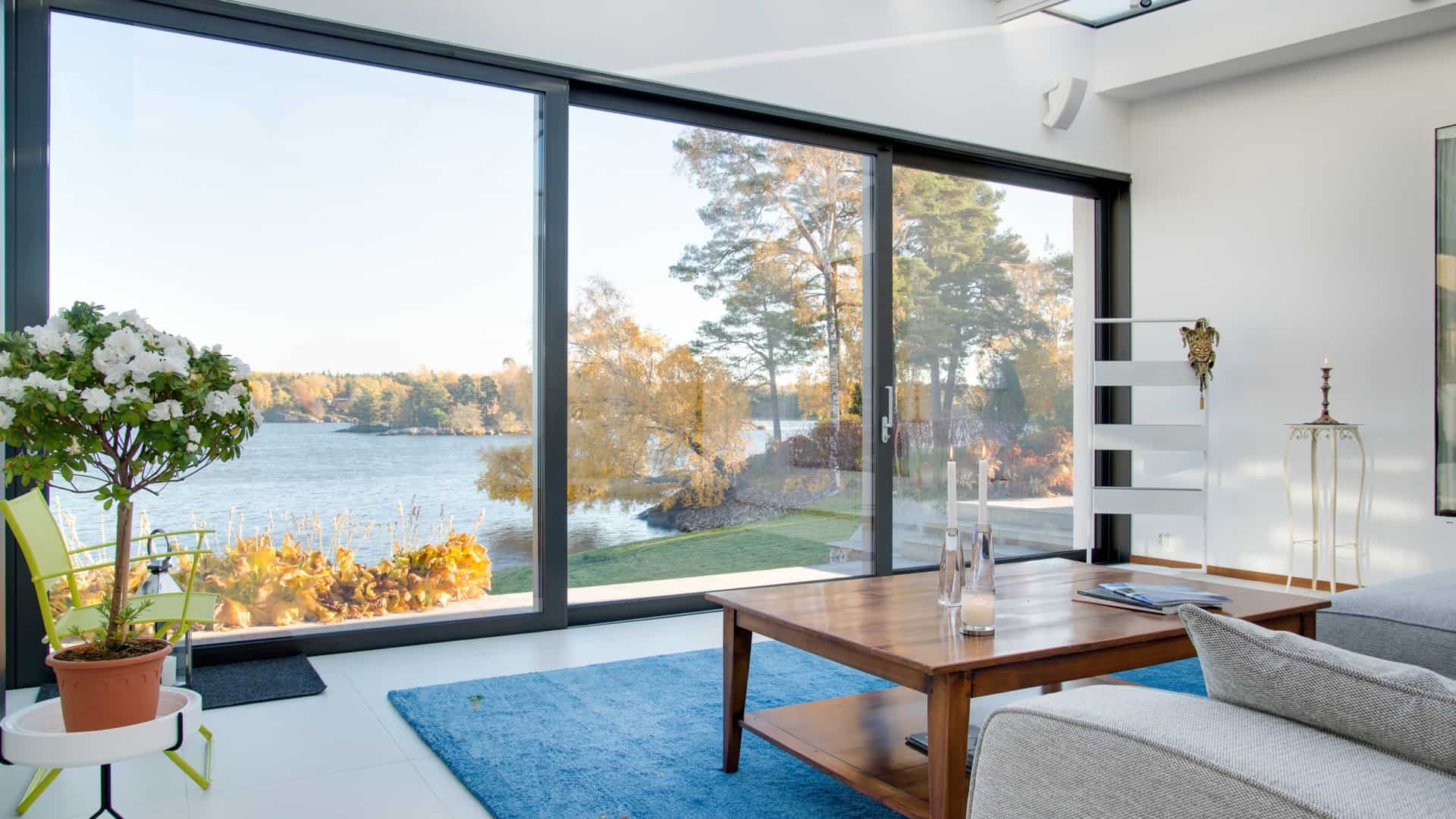What Is The Best Wood For Fencing?
Choosing the perfect wood for an outdoor fence project should factor in both durability and aesthetic considerations. There are many varieties of fencing to choose from, from natural wood options like cedar, redwood and teak (and others) to composite fencing materials.
- Cedar is known for its resistance to decay and insects, although cedar fences will require periodic sealing.
- Redwood and teak offer both strength and elegance that can be beautiful for outdoor fences.
- Treated wood provides cost-efficiency and protection against moisture and pests.
- Cypress boasts distinctive grain and insect resistance, albeit with higher shipping costs.
- Oak, douglas fir, and pine are also durable choices with unique visual characteristics each their own.
Here are the most popular woods used in outdoor fencing today:
Cedar
Cedar is a very popular choice for fencing for a number of reasons. It’s a wood with a pretty red hue, few knots, and resistance to the warping or shrinking that other woods do. It’s also naturally resistant to decay and insect pests. But there are weaknesses. The red color is known to fade to gray after a few years, and when cedar is planted in moist soil it will probably rot after a few years. Fence manufacturers do favor cedar but tend to plant the posts into concrete or use treated wood for the posts. To preserve the wood’s reddish hue, be sure to use a proper wood seal right after construction, and once a year after that, if possible.
Redwood and Teak
Redwood and teak woods are soft, yet strong and durable. They’re also known for their luster, and resistance to shrinking, warping, insects and decay. Since they’re more expensive than other woods, they’re not often used for large fences. As with cedar, be sure to seal it after setup, and annually thereafter.
Treated Wood
Pressure-treated and chemically-treated woods are popular for their moderate cost, as well as its resistance to moisture and insects. One drawback is that they are more likely to twist or warp compared to cedar, redwood or teak woods. Instead of ordering a shipment of treated wood planks, it’s a better idea to pick each piece based on its condition and avoid misshapen, over-soft or greenish boards. This process does take more time and effort, but will avoid you having to get some planks replaced in the future.
Cypress
With its appealing grain and coarse texture, cypress is a distinctive wood native to the southern states, which makes it a pricey order for northern locations due to shipping costs. The benefits of cypress woods are their resistance to rot and insects.
Oak
There are dozens of varieties of oak wood in North America but they’re generally known for their strength and durability. They have a bit more knots than cedar woods. Oak woods come in a variety of colors but they typically have a lighter hue that darkens after years of exposure to sun and rain. Stains can darken the color quite a bit too so keep that in mind. Using a natural oil can add shine and preserve the wood’s natural color without darkening it too much.
Douglas Fir
Some people associate the conifer Douglas Fir with Christmas, but they make good fences too. This is mostly because of their durability and strength. They also have respectable resistance to moisture. The color varies, but it typically looks light brown with a touch of red and/or yellow. They’re very common in the Pacific Northwest.
Pine
Pine is known as a long-lasting wood despite its low to moderate cost. Its softness makes it easy to work with.
Tropical Hardwoods
Alternatively, tropical hardwoods offer unparalleled strength, but we often suggest that homeowners consider their environmental impact. Some tropical woods may be logged from endangered rainforests, so be sure to investigate the wood’s origins before making your purchase.
Consider Composite
For an eco-friendly option, many choose to consider composite fencing, crafted from recycled materials (including wood). Along with its longevity, composite fence materials are a very eco-friendly choice. They can be treated to resemble different varieties of wood, which makes composites stylistically versatile as well.
Whatever wood or composite material you choose for your outdoor fencing project, MANS Lumber and Home has Everything You Need — from design expertise to materials and from delivery to building and installation expertise.
Give us a call today when you are ready to begin your home improvement project!

